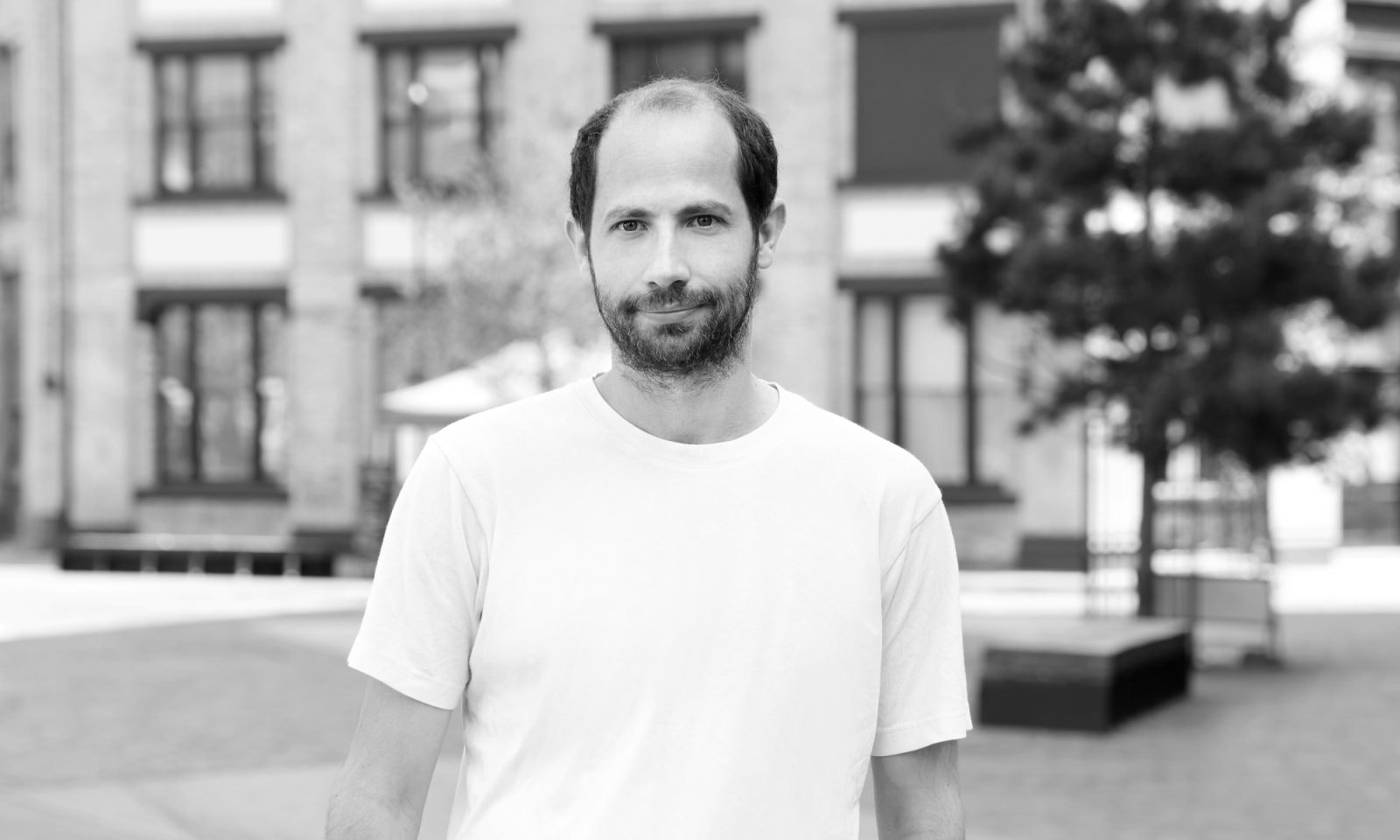As investor and consumer interest in sustainable beauty brands grows, UK-based Yuty has just secured £500k in pre-seed funding. With Black female founders receiving just 0.02% of VC funding in the UK, it’s only the tenth business in the UK launched by a Black female founder to gain VC backing, according to the founder.
The round is the latest in a string of European beauty techs gaining investor attention this year. So far in 2021, €606m has been invested into Europe’s beauty sector — a stark rise from the €484m raised in 2020. Notable raises this year include Afrocenchix, a hair care brand for afro and curly hair which raised $1.2m in seed funding led by Google, and London-based clean skincare brand Pai Skincare’s $9m Series B, led by Famille C Venture.
Yuty, which launched in 2020, uses machine learning, deep learning and computer vision models trained on an extensive, crowdsourced dataset of diverse phototypes, and features including skin concerns and types to match customers to suitable beauty products. The round was led by Ada Ventures, with angel investor Nicole Crentsil — who also invested in Afrocenchix — participating, among others.
“I’m Black, living in a diverse household from a diverse family, so it was important that Yuty was also diverse so that we can match you to products in a meaningful and sustainable way,” says founder Simi Lindgren.
While Yuty was initially looking to raise £300k pre-seed, it expanded its round to £500k to accommodate additional investors.
Before Yuty’s launch, “there was hardly any data on melanin-rich skin-types” to create algorithms for matching beauty products with consumers, says Lindgren. Crowdsourcing this information gave Yuty an opportunity to cater to all skin tones, and “help customers discover conscious beauty products that are good for the environment.”
By lowering the level of trial and error involved in testing and buying products, the company also aims to reduce waste.
Investor interest is blooming
It’s not the only business in the sustainable beauty ballpark.
Beauty Pie, a direct-to-consumer beauty company, launched in 2016 with a strong anti-landfill message — and it’s one of the fastest-growing beauty startups in Europe. Its direct-from-the-labs model removes the retail middleman, allowing for a more responsive relationship with customers — which aids its product development and reduction in waste. Joining its ranks is Typology, a French beauty startup launched by Made.com cofounder Ning Li, which uses minimalist ingredients and as much recyclable packaging material, such as glass and aluminium, as much as possible.
Similarly, Yuty has targeted a conscious customer base which “seek products that not only work for them but also those that align with their values and help them to reduce their environmental impact,” says Lindgren.
Leveraging our sustainable AI to make personalised recommendations enables that frictionless shopping experience.
“We’ve received feedback with regards to curating brands which ethically source their ingredients, give back and champion social causes…We have brands that use recycled ingredients and brands whose products can be recycled for multiple uses from refilling to storage. Leveraging our sustainable AI to make personalised recommendations enables that frictionless shopping experience.”
The company’s reach to a diverse consumer base hasn’t gone unnoticed. After its launch in 2020, Yuty experienced a 300% month-on-month increase in revenue.
Now, its mission is to use its algorithms to find beauty products for all its customers. “Some models are slightly biased, but we’ve been thoughtful and intentional about the way we’ve built our own — especially bearing our audience in mind,” says Lindgren.


